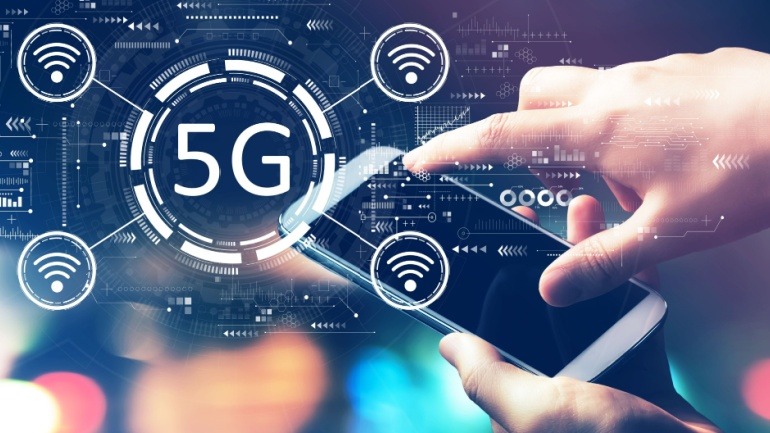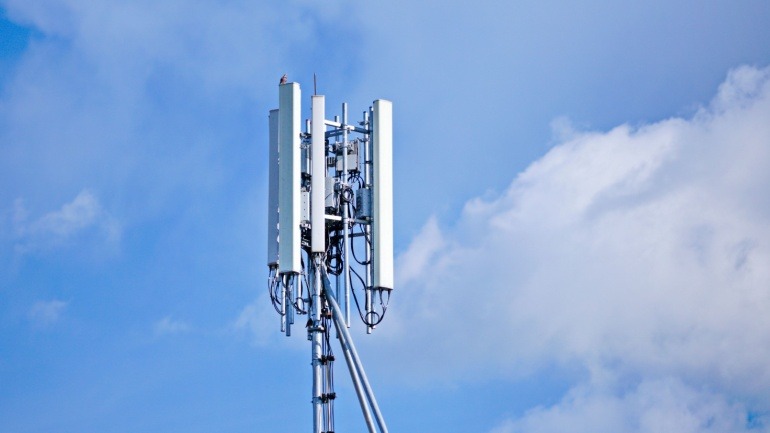EXA Infrastructure’s acquisition of Aqua Comms marks a transformative step in enhancing its transatlantic capabilities. With expertise in subsea infrastructure, Aqua Comms enriches EXA’s 150,000km network.
BT Group’s groundbreaking trial of 5G Standalone network slicing on the EE network in Belfast significantly optimized mobile payment systems during the bustling Christmas Market. This real-world application highlights BT’s 5G SA technology potential.
Nokia and Zain KSA have teamed up to revolutionize indoor mobile connectivity in Saudi Arabia by introducing the first 4G/5G Femtocell solution in the region. This partnership aims to improve indoor network coverage for enterprises, ensuring seamless and efficient communication.
Swiss IoT module maker u-blox’s exit from the cellular IoT sector marks a strategic pivot to focus on profitable areas like GNSS satellite positioning. Persistent losses in the cellular division, driven by intense pricing competition and extended 5G IoT development timelines, influenced this decision amidst broader market challenges.
DIDWW is expanding its Emergency Calling services to China, offering businesses reliable access to Public Safety Answering Points. This enhancement ensures seamless emergency connectivity, promoting safety, compliance, and trust.
LightSpeed partners with Neos Networks to enhance high-speed connectivity across the Midlands and East of England. Utilizing 10Gbps XGS-PON and Neos’ infrastructure, the alliance expands FTTP services, targeting underserved areas.
Honeywell and Verizon have partnered to deliver a 5G-powered retail and logistics solution, ensuring seamless business operations during disruptions. Combining Honeywell’s tech with Verizon’s 5G, the system simplifies procurement, device management, and scalability.
Vodacom and Orange have launched a joint venture in the Democratic Republic of Congo, focused on improving mobile network coverage through solar-powered base stations. This initiative targets expanding connectivity for underserved regions and enhancing mobile and financial services.
T-Mobile has launched Starlink satellite messaging for Samsung Galaxy devices, enhancing off-grid connectivity for Galaxy S24 users in the U.S. This beta service utilizes a low-earth orbit constellation, enabling text communication in areas without cellular coverage.
Chinese engineers have developed technology to sever undersea communication cables, sparking concerns over potential sabotage. Patents for devices intended to cut cables, including one by Lishui University, suggest a cost-effective method for disruption.













